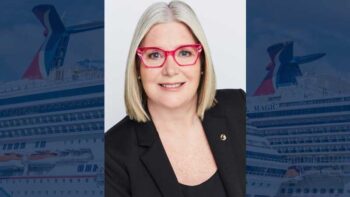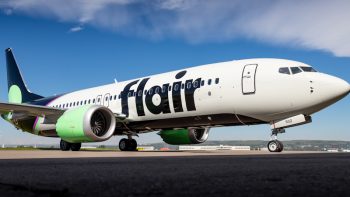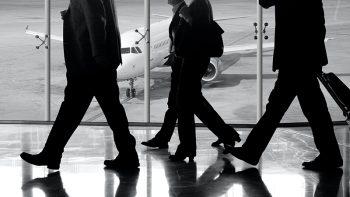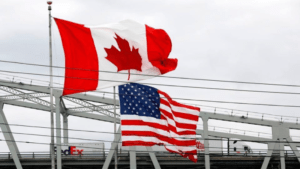
Pressed by reporters about when Canadians will have a government-issued ‘vaccine passport,’ Prime Minister Justin Trudeau avoided giving a definite date, not even a commitment that Canadians would have formal proof of their vaccine status by the end of the year.
This, despite earlier comments from Ottawa that a digital vaccine passport was in the works for the fall.
Addressing the media in P.E.I., Trudeau would only say that formal proof of vaccine status for Canadians to use when travelling abroad would be “simple and efficient.”
As Open Jaw reported when Ottawa lifted many restrictions for fully vaccinated Canadians returning to the country, an interim system permits travellers to upload photos/ images of their vaccine certificates to the ArriveCan app to make them available to Canada’s border officials.
A digitized system that uses the same technology as Canadian e-passports is in the process of being developed.
Federal government ministers indicated at the time the target roll out date was this fall.
Seeking Consensus with the Provinces
In addition to a technology build, the federal government has to coordinate with the provinces, where Canadians’ health information is stored. From Trudeau’s comments in P.E.I. this week, those agreements have yet to be finalized.
“The federal government will be involved in the international level of certification, so we have a role to play to make sure that the credentials that Canadians have are going to be able to be accepted around the world but there are lots of active conversations with the provinces on what exact form that will take,” the PM said again this week.
Despite the fact that other countries have already launched digital COVID certification programs, including the EU’s on 01JUL, Trudeau doesn’t appear to feel pressured about providing a vaccine passport for Canadians.
“It gives me a great opportunity to remind Canadians that you want to get fully vaccinated. The ability to travel around the world, indeed the ability to do more things and mostly the ability to avoid spikes that are going to come with the potential next arrival of variants and the spikes we’re seeing around the Delta variant in unvaccinated Canadians is something that we can prevent,” he said.”
More Hurdles Than Proof of Vaccination
A vaccine passport will not solve one other outstanding problem for Canadians wanting to travel abroad.
On Canadian health officials’ advice, many Canadians got a first dose of Astra Zeneca and a second dose of mRNA vaccines. So-called ‘mixed vaccinations,’ as Open Jaw has reported, are not accepted by some destinations - and most cruise lines, per CDC regulations - for travel.
The PM has said Ottawa is consulting with other countries to ensure Canadians’ vaccines are recognized, but cannot dictate health care decisions in other countries.






